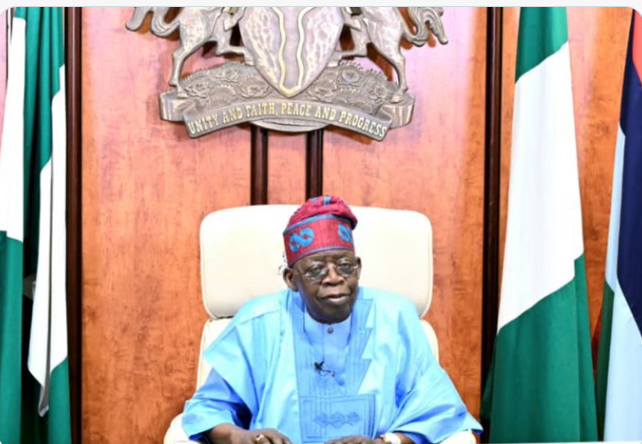By Jemimah Wellington, JKNewsMedia Reporter
CONCERNS OVER Nigeria’s proposed tax reform bills have prompted the National Economic Council (NEC) to call for a broader consultation before the legislation moves forward in the National Assembly.
The bills, which aim to streamline Nigeria’s complex tax system, were created to improve compliance, reduce redundant taxes, and make the country’s business environment more attractive for investors.
Yet, the NEC’s recent recommendation suggests a need for additional input from key stakeholders to address lingering concerns.
President Bola Tinubu acknowledges the NEC’s recommendation but supports the bills’ continued path through the legislative process.
He believes that changes can be incorporated without retracting the bills, allowing Parliament to review them while accommodating feedback.
Initiated by Tinubu’s administration in August 2023, the tax reform effort followed months of input from trade groups, government agencies, and private sector leaders.
Key highlights include the Nigeria Tax Bill, which seeks to remove multiple taxes and simplify obligations, and the Nigeria Tax Administration Bill, aiming to unify tax processes nationwide.
Other proposed changes involve rebranding the Federal Inland Revenue Service as the Nigeria Revenue Service to reflect its expanded role and creating a Joint Revenue Board to coordinate federal and state tax authorities.
If passed, the reforms will consolidate taxes like Company Income Tax and Value-Added Tax under one framework, addressing long-standing inefficiencies in tax administration.
Bayo Onanuga, Special Adviser to the President on Information and Strategy, emphasized President Tinubu’s commitment to a transparent legislative review, welcoming NEC’s advice as essential to the administration’s economic goals.





